Micron ban: Will there be a winner in the China-US chip war?
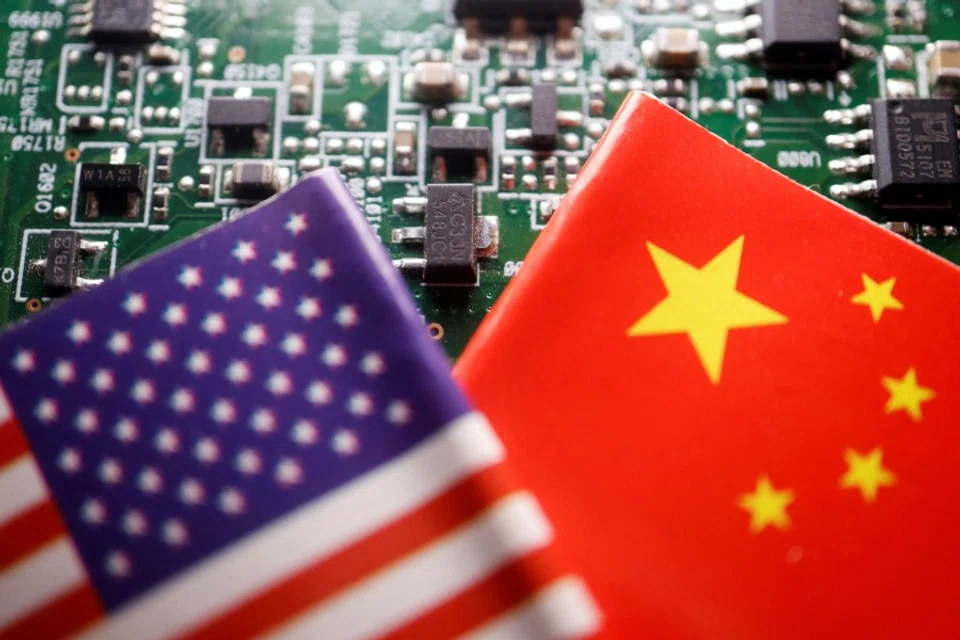
After over a month of investigations, the Chinese authorities have finally made a decision on the cybersecurity review of US chipmaker Micron. On 21 May, the Cyberspace Administration of China (CAC) announced that domestic operators of critical information infrastructure would be barred from procuring Micron products, citing "national security concerns".
Punitive measures a warning
Such an outcome was indeed expected as soon as the CAC announced the cybersecurity review of Micron. However, Beijing's decision still garnered much interest as it is China's first counter move in the four-year chip war with the US, marking an escalation of the technological rivalry between the two superpowers.
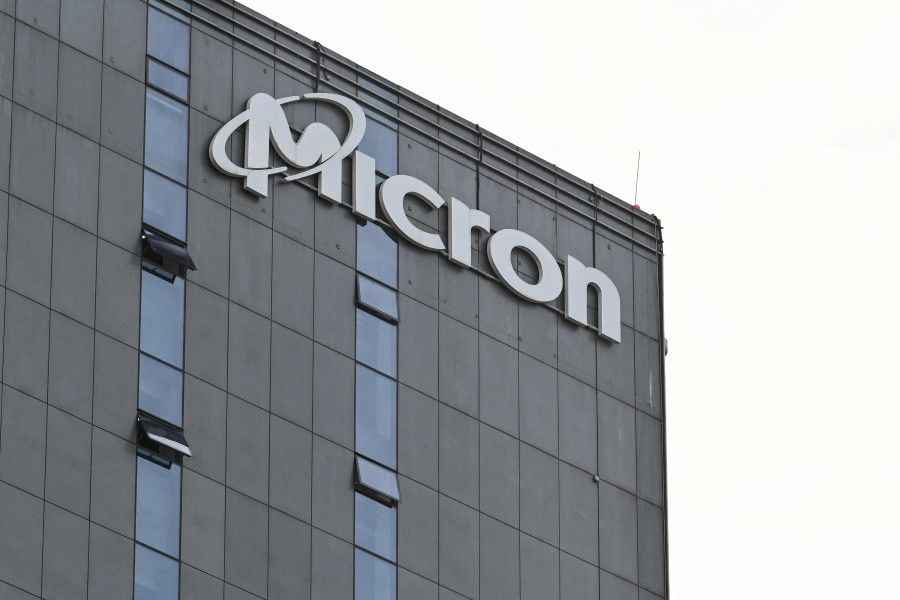
The chip war goes back to 2019 when then US President Donald Trump cited national security reasons to put leading Chinese tech companies such as Huawei and its chip design subsidiary HiSilicon on the Entity List, banning US companies from supplying products and technology to companies on the list without authorisation.
Given the US's significant lead in chip technology, China is using its market advantage to strike back against US companies as a countermeasure.
Washington ramped up its blockade of China's chip industry even after incumbent US President Joe Biden took office. More Chinese companies were added to the Entity List, while foreign companies using US technology were restricted from exporting chips to China. US citizens and green card holders were also prohibited from working for specific Chinese chip companies. From equipment and technology to talent, every aspect of China's chip advancement was comprehensively obstructed.
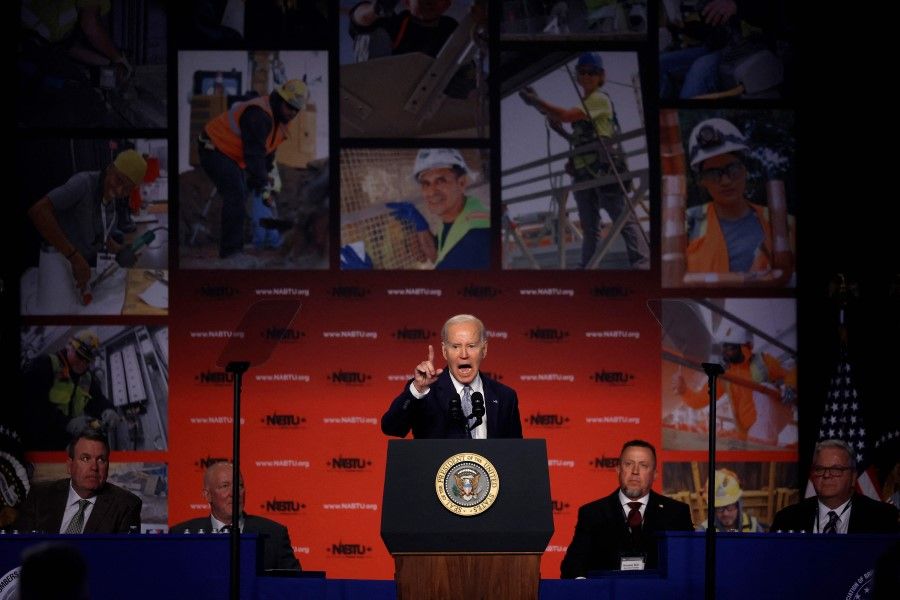
Given the US's significant lead in chip technology, China is using its market advantage to strike back against US companies as a countermeasure. While the Chinese market accounted for only 11% of Micron's total revenue last year, news of the ban still caused fluctuations in the company's stock price. Following the announcement, Micron's pre-market stock price briefly dropped by 6.8%, marking the biggest decline since November last year.
Sanctioning US companies could make it more difficult to attract foreign investment, further complicating China's already challenging path to post-pandemic economic recovery.
To industry insiders, the punitive action against Micron is seen more as a warning, rather than being of real significance itself. It is possible that China may ramp up penalties and expand the scope of retaliation in future. The public is certainly eager to know: who will benefit and emerge as the ultimate winner as the chip war escalates from unilateral suppression to mutual confrontation?
China may be hurting itself
The vast Chinese market is undoubtedly important to US tech companies. Last year, 27% of Intel's revenue came from China, while the Chinese market contributed as much as 64% of Qualcomm's revenue. China's targeting of Micron has made other US tech enterprises nervous, and triggered a response from Washington. This week, Mike Gallagher, chair of the House Select Committee on China, called on the Biden administration to retaliate and impose trade restrictions on Chinese memory chip maker Changxin Memory Technologies.

However, some analyses reflect the concern that China's countermeasures through market restrictions could hurt itself almost as much as the other party. Sanctioning US companies could make it more difficult to attract foreign investment, further complicating China's already challenging path to post-pandemic economic recovery.
In the short term, South Korean companies may indeed benefit from Micron's absence and become its replacement. But as a US ally, it is difficult for South Korea to defy US pressure and expand into China.
Both the European and American chambers of commerce in China raised concerns after China imposed the ban on Micron. Michael Hart, president of the American Chamber of Commerce in China, said local US enterprises feared being the next target, while Jorg Wuttke, president of the European Union Chamber of Commerce in China, urged European companies in China to monitor the situation closely and the supply chain risks of the China-US tech war.
Also, while some analysts are optimistic that the ban on Micron products will drive the substitution process in the domestic memory chip sector, chip development is time-consuming and requires at least five to ten years of long-term investments. How will Chinese enterprises solve the current lack of chips when there is still a need to overcome the foreign chokehold on China's technological sector?
Due to China's limited access to mobile chips, Huawei's global smartphone market share plunged from its peak of 19% to 4% and has yet to recover. This is a lesson to be learnt.
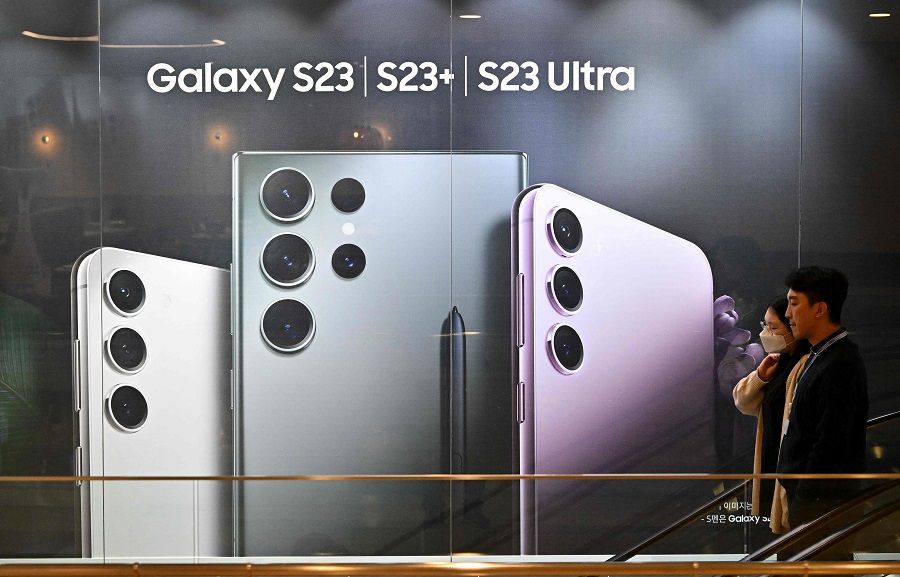
Notably, while Micron's shares dipped, those of its competitors - South Korea's Samsung and SK Hynix - rose. Some analysts thus believe that South Korea is set to reap the benefits of the China-US chip war.
Last month, the Financial Times quoted people familiar with the matter as saying that the US had asked South Korea to urge its chipmakers not to fill the market gap in China in the event of a ban on Micron. But South Korean officials said on 22 May that South Korean companies would decide for themselves.
In the short term, South Korean companies may indeed benefit from Micron's absence and become its replacement. But as a US ally, it is difficult for South Korea to defy US pressure and expand into China. Amid growing US-China rivalry, South Korean chipmakers are more likely to be caught between a rock and a hard place.
Long-term showdown
While it is difficult to predict the trajectory of the China-US chip war, the decoupling of the two countries' chip sector will certainly accelerate. The global semiconductor market will be badly hit, which the industry itself does not wish to see.
This week, Jimmy Goodrich, vice-president for global policy at the Semiconductor Industry Association, told Caixin that the chip industry was a global industry and that semiconductor innovation would require the industry to remain so. He added that the US could not and should not produce all chips by itself.
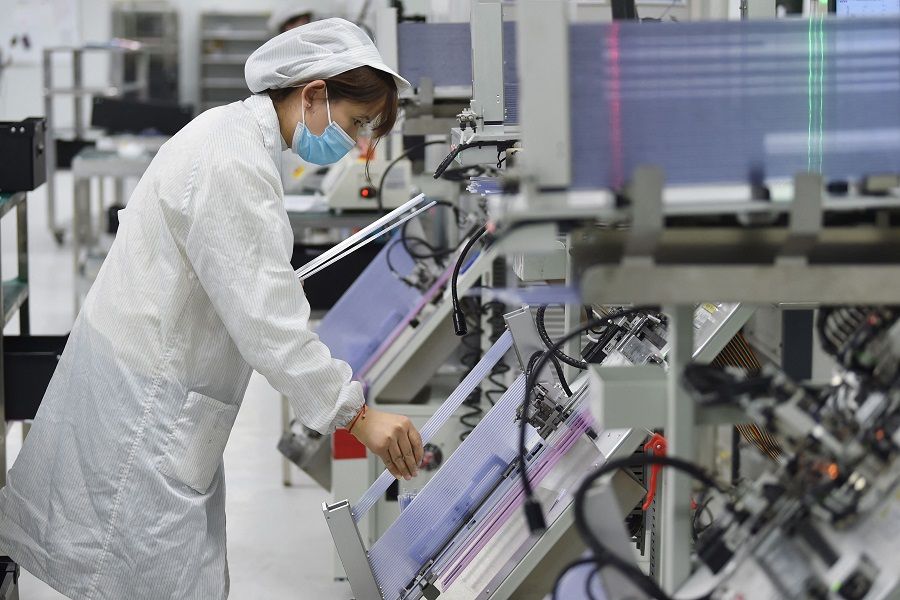
The emergence of ChatGPT marks a new phase in artificial intelligence, and advanced technological innovations must be supported by more powerful chips. If countries are able to play to their strengths and cooperate to create a smooth industrial and supply chain, chip technology breakthroughs will be achieved quicker and chip capacity significantly enhanced.
However, the reality is completely different. A day before China imposed a ban on Micron, the US-led G7 issued a communique at its leaders' summit, pointing the finger at China over issues such as Taiwan, the South China Sea and economic coercion, and further solidifying the confrontation between China and the West. Against this backdrop, the China-US chip war will be an inescapable long-term showdown with no winners.
This article was first published in Lianhe Zaobao as "中美芯片战谁是赢家?".
Related: Is Biden's promise of a US-China thaw believable? | TikTok congressional hearing: Not just about China-US tech war | Tech war: The US's mimicking of Chinese policies is fundamentally flawed | How geopolitics will drastically change chip manufacturers' ecosystem | Can China's semiconductor industry survive under sanctions and the Chip 4 alliance?
